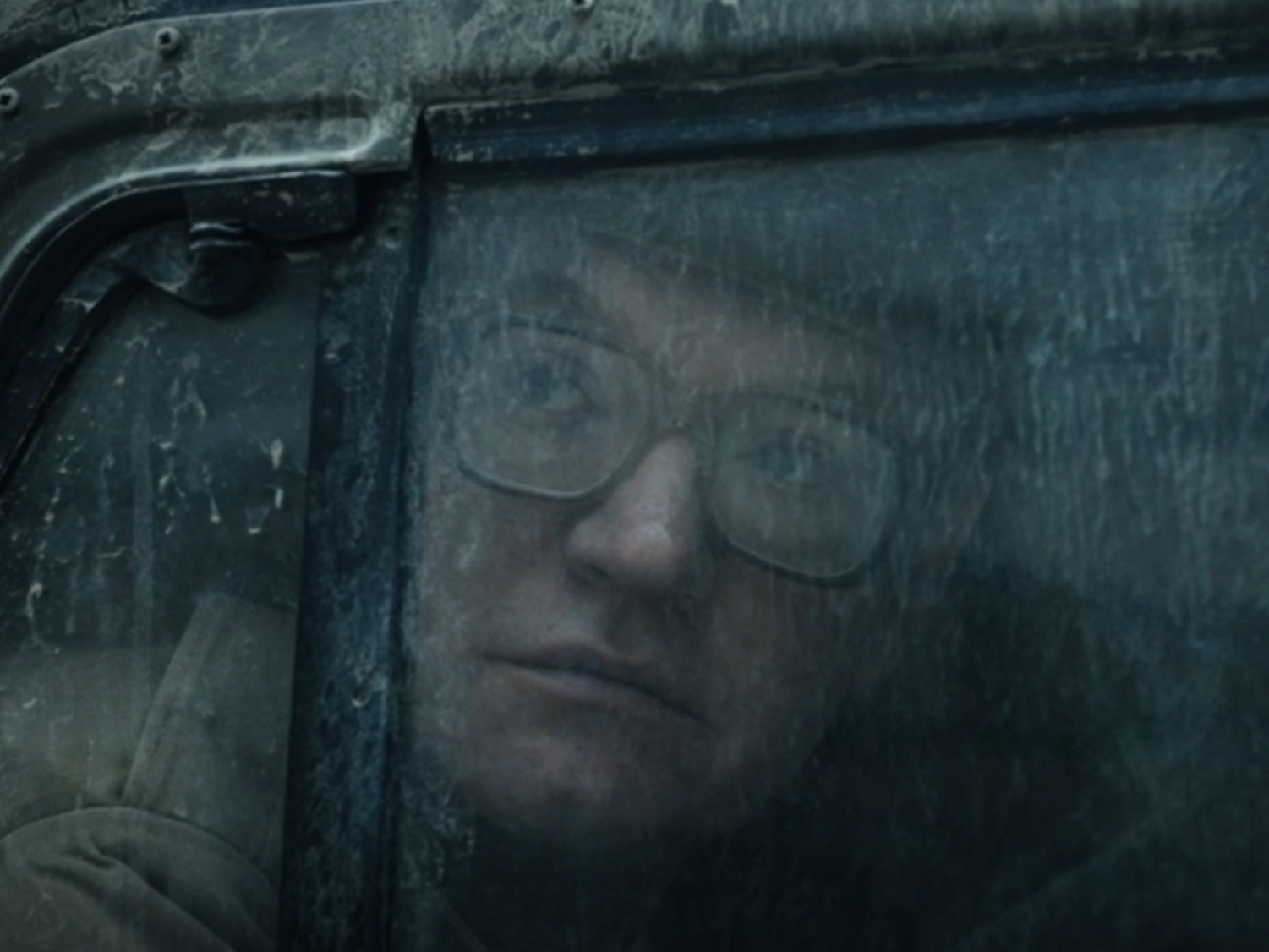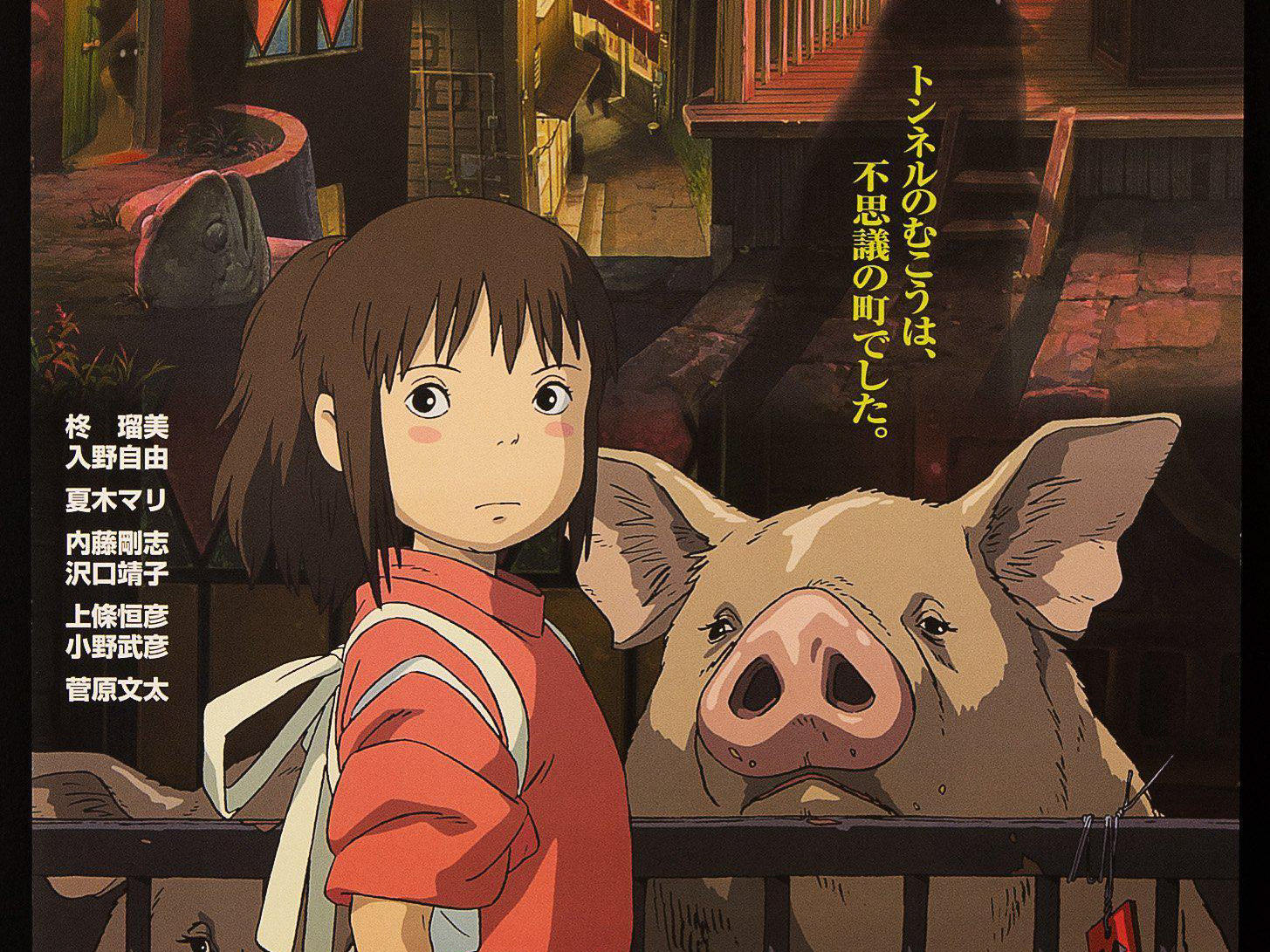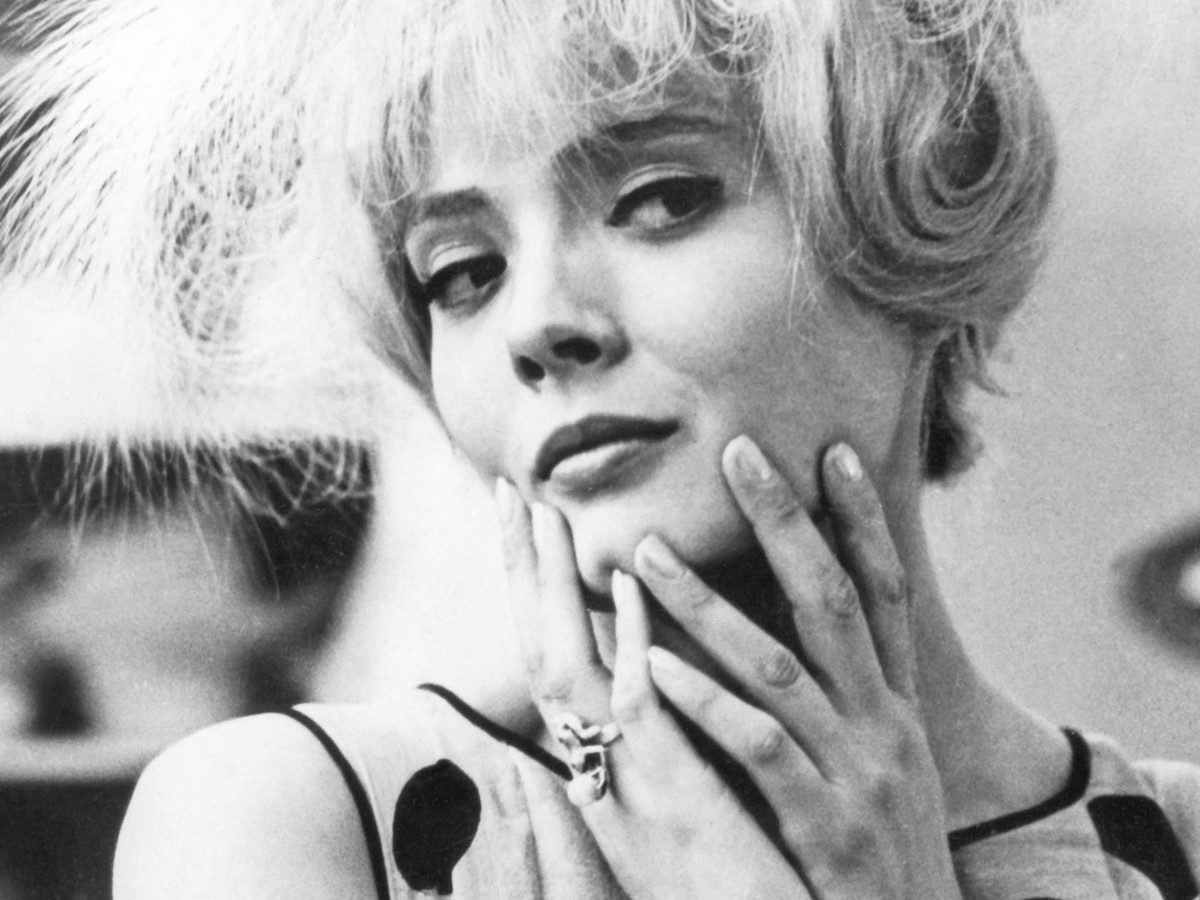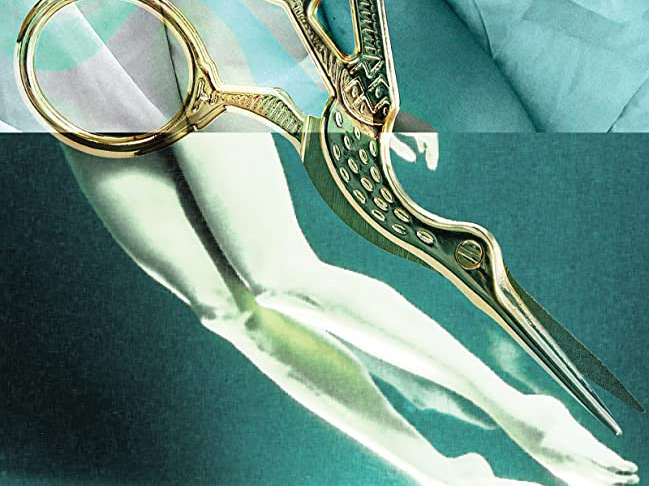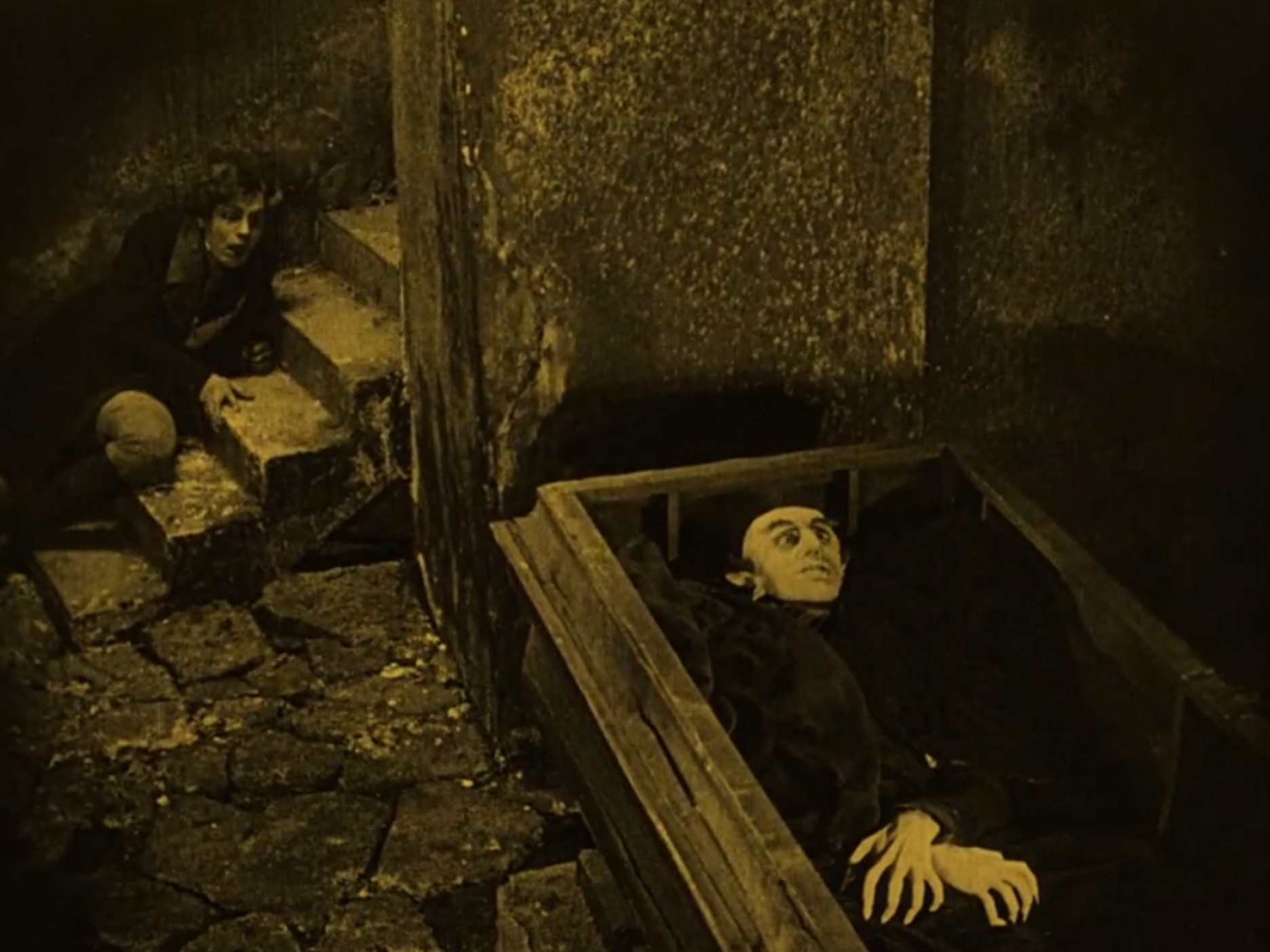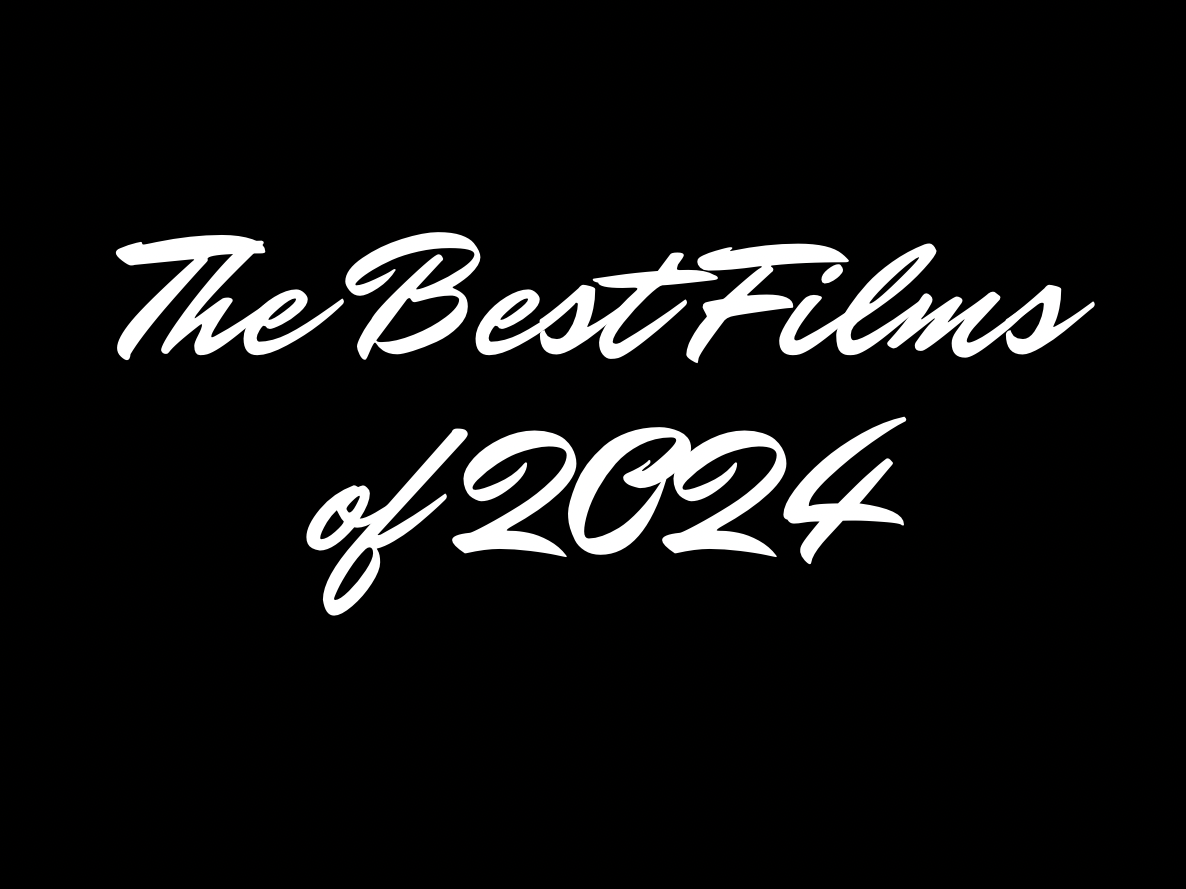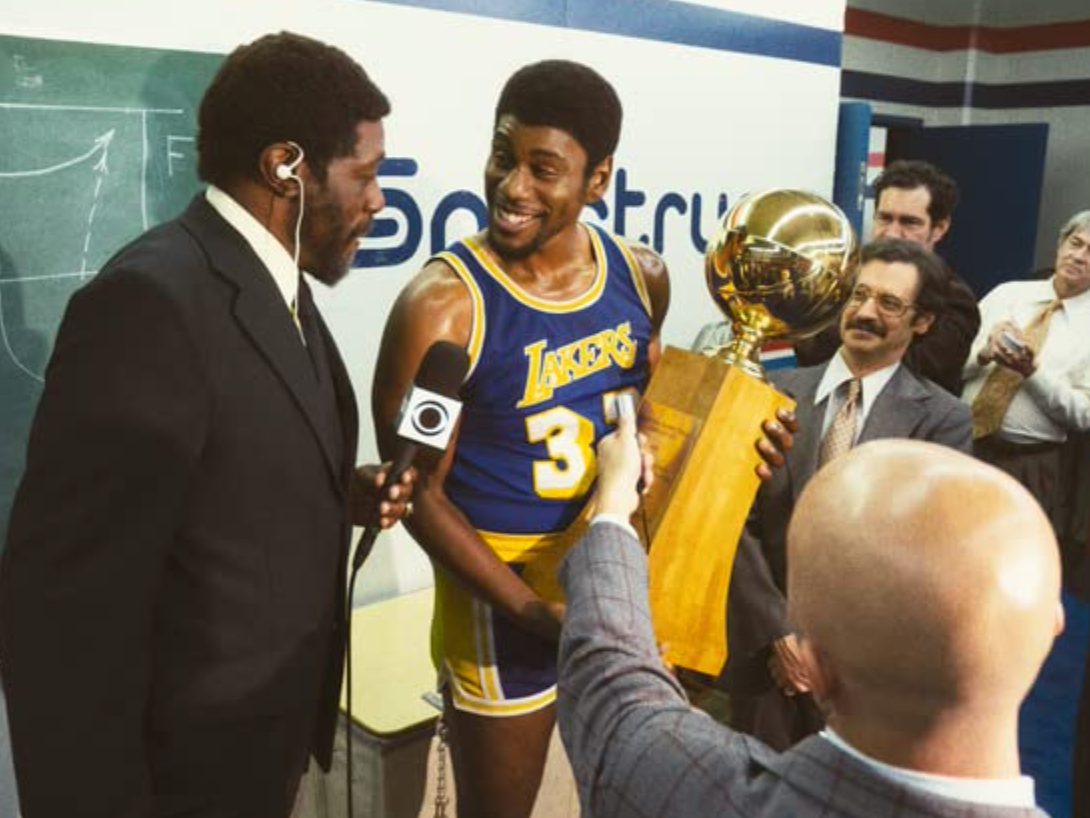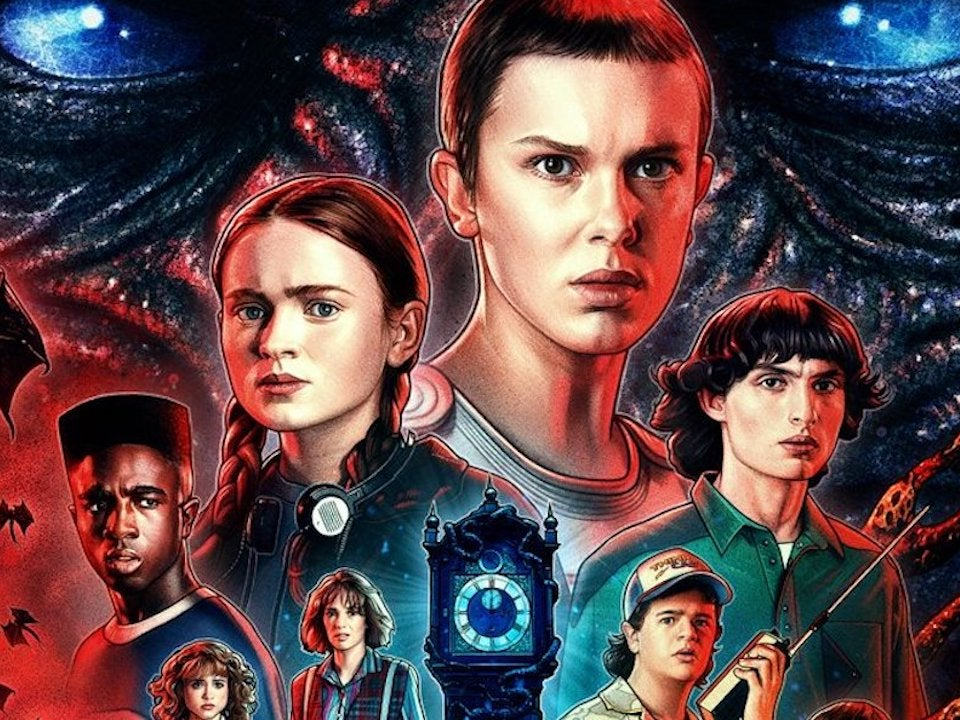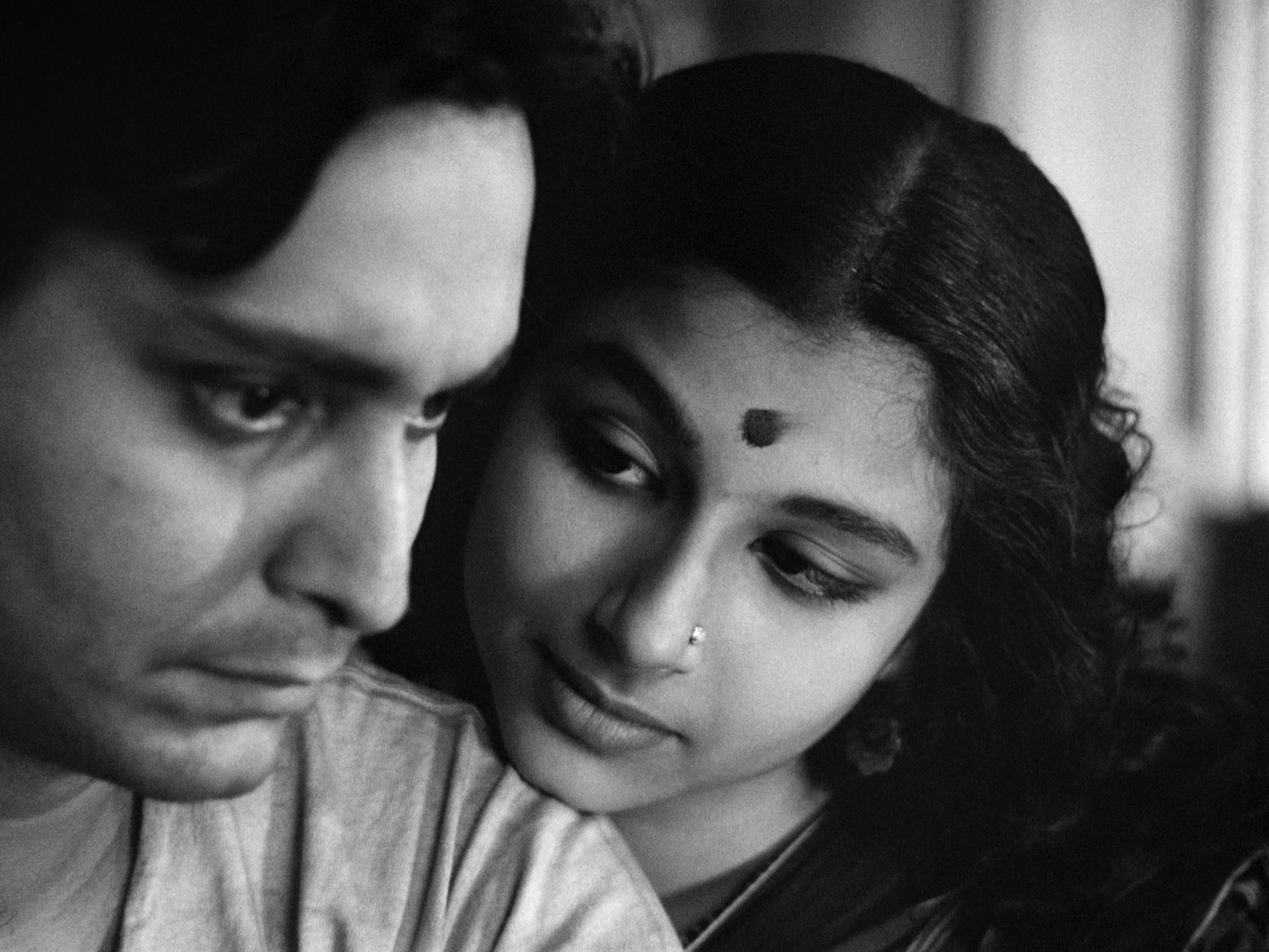Christian Bale in The Fighter
by Devin Baron
I analyzed Christian Bale’s Oscar-winning performance in The Fighter (dir. David O. Russell, 2010). He plays the role of Dicky, a hometown boxing legend who splits his time between training his brother, Mickey (Mark Wahlberg,) in boxing and doing crack cocaine. Over the course of the plot, he changes from a self-centered crackhead to a clean, selfless supporter of his brother.
In the first shot, Bale repeatedly moves his legs towards and away from each other. His eyes bug out at a certain point in the first scene. He stumbles over one of his sentences. He is immediately conveying that the character of Dicky is a bit off.
Throughout the first ten minutes, we see Dicky walk through the town with his brother Micky. Bale puts his arm around his co-star several times. It establishes how close they are and how brotherly and friendly Dicky is to Micky. We are unaware at this point, but Bale’s choice to place his arm around Wahlberg works to foreshadow the darker theme that Micky allows his brother to control him. Dicky has a measure of control over Micky’s boxing training, career decisions, town status, and life.
Along the same lines, Bale is very touchy throughout the plot. He puts his hands on people freely, contributing to how people perceive his character. Dicky’s family and friends adore his charismatics. He makes them feel seen. Meanwhile, strangers are often less fond of Dicky. He makes them feel insecure, undermined, or uncomfortable.
The big fight at the beginning almost gets canceled because Micky’s opponent gets the flu. Micky is presented with an unwise opportunity to fight a boxer that is twenty pounds heavier. When Dicky decides everyone needs to get paid, and therefore Micky needs to take the fight, Bale chooses to press his head against Wahlberg’s head. This choice isolates the two from the others in the room. Bale uses the technique to create a more team narrative, getting Micky to believe that fighting is the best option instead of allowing him to think through the decision himself. Dicky manipulates Micky’s trust to benefit himself.
When Micky takes a beating in the first fight, we see Dicky standing on the side of the ring. Bale’s mouth quivers. While he is concerned about his brother losing, he is also working up his strategy for justifying the decision and playing it off with jokes.
Dicky’s mom, Alice (Melissa Leo,) finds him jumping out of a window into a dumpster to hide from her. When Dicky realizes there is no more lying to her, he walks up the driveway with very nervous breaths. Bale gives these nervous breaths as a sign that Dicky is starting to acknowledge how far he has fallen. He remains the smiling, fidgety Dicky for a few more scenes before his turning point.
After spending time in prison and realizing he should be taking care of his son, Dicky cleans his life up. Bale chooses to portray a far more muted personality from this point on. He speaks softer and does not have as much to say about things as he used to. Bale lets the tension in the air work for the movie by speaking less. When he makes statements from that point on, he means business. He does not try to talk around things. There is a realness and calm in Bale’s voice that gives an honesty to the clean Dicky.
When Micky gets the shot at a title fight, and his opponent’s undefeated status gets mentioned at the press conference, Dicky interrupts with, “That’s gonna change tomorrow.” He always defends his brother; instead of having a self-centered motive for supporting his brother, he now does it from a pure, caring standpoint. After winning the title fight, Dicky says to Micky, “You fuckin did it.” There is no longer a “we.” He is only concerned with how proud he is of his brother.
The movie ends with the same documentary interview setup as the first scene. The new and improved Dicky still has his arm around his brother. Bale using that gesture in the varying stages of Dicky’s arc ties the plot together with the love the two brothers have for one another.
Bale often attributes his joy and abilities as an actor in different roles to preparation. In his interview with HitFix, he credits the real-life Dicky Eklund for his training for the movie. Bale is very appreciative that he got to meet the people, see the sights, and live in the world Dicky Eklund. If not for those opportunities for preparation, his performance would not be the same. (Hitfix)
I enjoyed Christian Bale’s overall performance. He had a lively personality, but he also brought a grittiness to the character that the movie needed. Without Bale’s performance, the film does not work. Wahlberg’s take on the introverted Micky was too flat. Even more disappointingly, it seems like David O. Russell did not give Amy Adams much to do besides be there to kiss Mark Wahlberg. Christian Bale brings the most to the table. Though he is second-billed and though his Oscar win is in the supporting actor category, Bale plays the main character. He certainly has the most impactful transformation of all the characters.
Works Cited:
“Christian Bale Talks ‘The Fighter’ with HitFix.” YouTube, 2011, https://youtu.be/UsEGpXlpcO8. Accessed 16 Nov. 2022.
